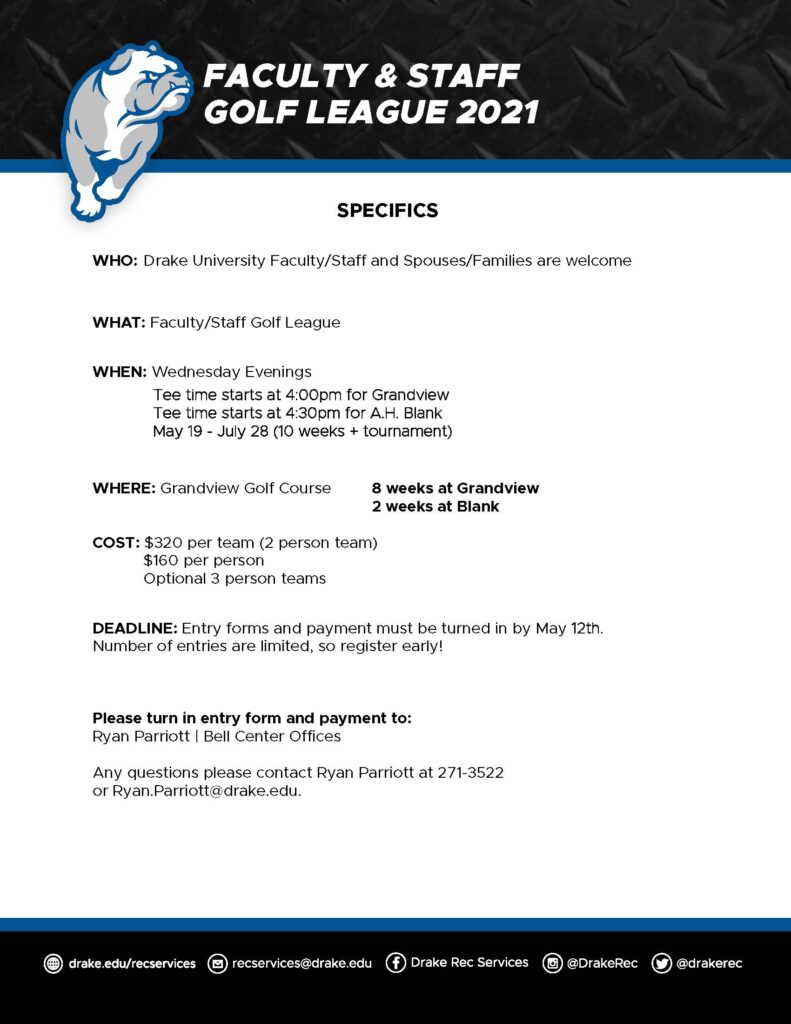Due to an email editing error, those who are looking for All Staff Council election information were directed to this page. Information about the election is available at this link.
On Thursday, April 15, we will honor six of our faculty colleagues retiring from Drake at the end of this academic year.
Professors Sally Beisser (Education), Ed Bell (Pharmacy), Ramesh Dhussa (Geography), Dorothy Pisarski (Advertising), Nancy Reincke (English), Michael Rieck (Computer Science), and John Rozycki (Finance) have amassed nearly 200 years of collective experience and wisdom about Drake and higher education. On Thursday, April 15, we’ll honor their service to Drake and mark their retirement at an online event co-hosted by the Office of the Provost and the Center for Teaching Excellence.
“Famous Last Words” will air from 3–5 p.m. and will allow us to spend some time with Sally, Ed, Ramesh, Dorothy, Nancy, Michael, and John. Drawing on their experience and observations over the years, they will briefly share their insights about how Drake, as an institution, can continue to thrive in the midst of new and pressing challenges to higher education in the U.S. Following their remarks, we’ll open the (virtual) floor for Q&A.
Too often, we have allowed our departing colleagues to take their wisdom with them. Please take advantage of this opportunity to hear this year’s retirees’ “Famous Last Words,” to learn from them one last time, and to wish them well. Click here to register for this free event using your Drake email address.
Log-in information will be sent by email prior to the event.
— Sandra Harris, Provost’s Office


